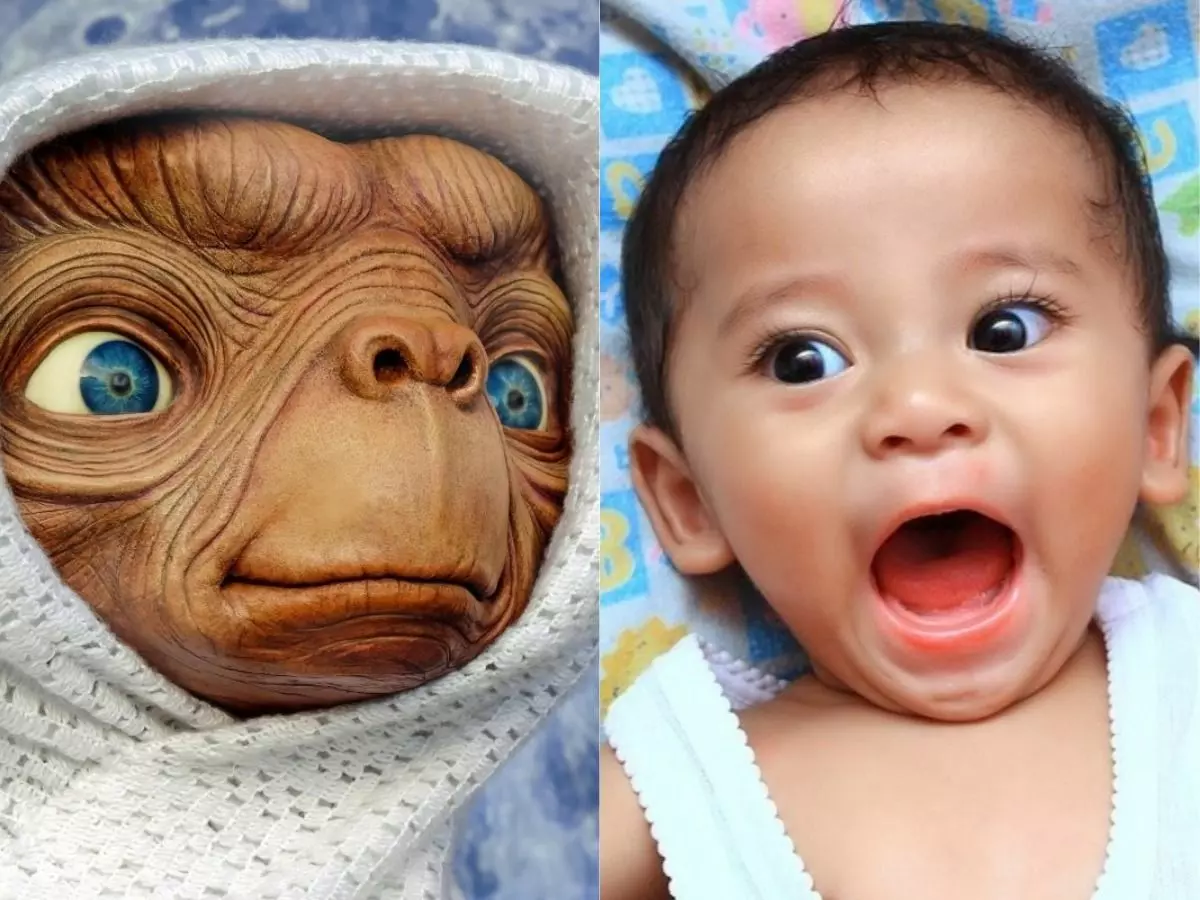Colonizing Space Will Change How We Evolve, So Will Our Babies Even Be Human?
When it comes to colonizing the universe, our plan is pretty straightforward. It¡¯s the Moon and Mars we have to set up colonies on first, then planets further beyond. But one biologist is more concerned about what will happen to the space babies.

When it comes to colonizing the universe, our plan is pretty straightforward. It's the Moon and Mars we have to set up colonies on first, then planets further beyond.
But one evolutionary biologist is more concerned about what will happen to the space babies.

Scott Solomon is focused on what makes us human, and how that will change as we explore the universe. He predicts that the changes wrought by years of evolution, thanks to generations being born in space, will fundamentally change us to the point where our descendants may not even be considered human anymore.
"Eventually, people living in space could evolve to be different enough from people on Earth that we would consider them to be different species," Solomon told Business Insider.
It's a sort of "Ship of Theseus" kind of issue.
That particular moral quandary asks, if a ship is repaired and restored so much that every piece of wood it is made of has been replaced, is it even the same ship anymore? In the same, Solomon believes space colonists will evolve so differently that they may not even be the same species anymore.
For one, bone density decreases when you spend a long time in space, which he says could put a mother at risk of fracturing her pelvis during natural childbirth. That could in turn make cesarean deliveries the norm for space travelers, which he believes could "lead to larger heads in our descendants because they wouldn't be constrained by the size of the birth canal."

And that's just one change he predicts.
"We may evolve new types of skin pigments, like the melanin that protects our skin from ultraviolet sunlight on Earth," Solomon said. "That could mean that future generations living beyond Earth will evolve to have different skin colors."
